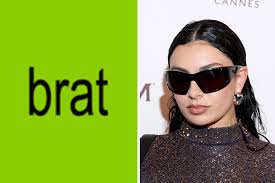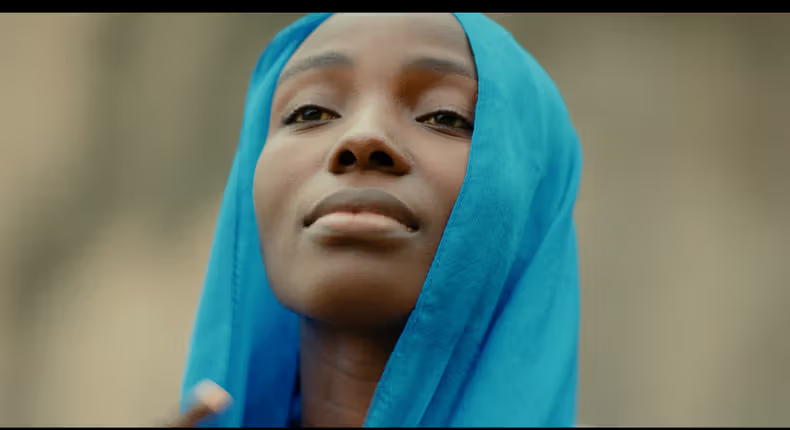The word “brat” has officially been named Collins Dictionary’s Word of the Year, embodying a confident, independent, and hedonistic attitude. This cultural term, linked to pop star Charli XCX, originated from her sixth studio album, also titled Brat, which has been influential beyond music.
The word has developed into a lifestyle adopted by fans and social media users, creating an attitude that embraces self-confidence, boldness, and a carefree outlook. Even political campaigns, like that of U.S. presidential candidate Kamala Harris, have tapped into the “brat” aesthetic to appeal to younger voters.
Brat, released in June this year, has gained momentum not only through Charli’s original music but also through remixes, most notably “Guess” featuring Billie Eilish, which hit number one in August. Charli XCX has described the “brat” persona as one who parties through their emotional highs and lows, embracing honesty, volatility, and a casual yet edgy aesthetic.
This rebellious vibe contrasts with more polished trends, such as the “clean girl” look, and has resonated widely with her fans, particularly on platforms like TikTok, where the brat movement has thrived.
Inspired by Charli’s early days in the underground rave scene, the brat aesthetic is a celebration of hedonism and rebellion. It encourages a free-spirited approach that contrasts with popular wholesome, homebody lifestyles.
This trend of bold self-expression reflects a shift in young people’s preferences, with many embracing this unapologetic style, and highlights Charli XCX’s impact on both her listeners and the broader pop culture landscape.
Collins Dictionary’s 2024 word list also includes “era,” inspired by Taylor Swift’s monumental Eras Tour. Defined as “a period of one’s life or career with a distinctive character,” this term reflects how cultural icons shape language and inspire fans to name phases of their lives, connecting deeply with audiences across the globe.
Social media’s influence on language evolution is particularly evident this year, with platforms like TikTok and Snapchat accelerating the popularity of words among Gen Z and Generation Alpha.
Additional words on Collins’ list include “yapping,” referring to lengthy, trivial discussions, and “delulu,” which describes unrealistic expectations. These terms reflect the playful, meme-driven nature of Gen Z language and show how younger generations continue to create words that encapsulate their unique social experiences.
This year’s selection of new terms reveals how language is increasingly shaped by digital culture, with words spreading and gaining popularity through social media trends.
Although 2024 has been a notable year for political discourse globally, only one political term, “supermajority,” made it onto the list. Defined as a legislative majority large enough to pass laws without scrutiny, it gained attention during the UK’s general election.
Collins’ inclusion of “supermajority” captures this year’s political climate and demonstrates the public’s growing interest in legislative terms and political shifts in various governments worldwide.
Collins Dictionary’s Word of the Year and its accompanying list showcase the dynamic interaction between pop culture, digital media, and language evolution. These words, primarily influenced by entertainment and social media, underscore how language is constantly reshaped by cultural and societal trends, marking 2024 as a year where individuality, rebellion, and digital culture profoundly influenced how people express themselves and understand the world around them.










